“In thee have they taken gifts to shed blood; thou hast taken USURY and increase, and thou hast greedily gained of thy neighbours by extortion, and hast forgotten me, saith the Lord GOD.”
— The Book of Ezekiel 22:12 KJV
Previous Entries
Usury is a weapon; a pernicious and unrivaled weapon, capable of bringing even the mightiest foe to heel. The defining economic minds of the ages — from Aristotle, Adam Smith, Karl Marx, to John Maynard Keynes — all viewed usury as a major vice if not an outright evil. It is a slow drip of venom in a civilization's veins, inevitably bringing the borrower low in its alchemical grasp. Our enemy is keenly aware of this powerful weapon, particularly given that the Mystery religion’s temples — the pyramids and ziggurats — also served as banks & mints in which these ancient rites were practiced. This is true of the idolatrous rabbis as well (Gospel of John 8:20). The modern financial system is no less steeped in these philosophic and alchemical realities, as some of the most storied economists in history will attest to. Fiat currency is quite literally the Philosopher’s Stone made real: it is the ability to create something of value out of nothing.
Long before our formerly Christian societies ever redefined what a woman was, what a life was, or what a marriage was, we redefined what sound money was. Before we rejected God’s commandments on how our families should be ordered, we rejected his commandments on how we should order our economies. Aristotle defined economics quite simply as “the management of a household”. Economies, on the micro and macro scale, are created in order to facilitate the thriving of the family unit. Any financial system that loses sight of this fact will inevitably end in its people’s moral and financial ruin.
The poet Ezra Pound incisively sums up the insidious nature of this threat: “Of all of usury’s assaults on definition, the last and consummate is its erasure of its proper name.” Let us refer to Webster’s Dictionary to see for ourselves how radically this word has evolved in the last 110 years (emphasis mine):
U"su*ry (?), n. [OE. usurie, usure, F. usure, L. usura use, usury, interest, fr. uti, p. p. usus, to use. See Use, v. t.]
1. A premium or increase paid, or stipulated to be paid, for a loan, as of money; interest. [Obs. or Archaic]
2. The practice of taking interest. [Obs.]
— Webster’s Dictionary 1913
The 1913 definition is quite explicit: usury is taking any amount of interest on a loan. Compare that to today’s definition on the other hand:
Usury - noun (usu·ry)
1: the lending of money with an interest charge for its use especially : the lending of money at exorbitant interest rates
2: an unconscionable or exorbitant rate or amount of interest specifically : interest in excess of a legal rate charged to a borrower for the use of money
— Merriam Webster Dictionary 2023
While the distinction may seem trivial, it is utterly vital to recognize. Today’s dictionaries define usury as a predatory loan only, as prescribed by whatever is legally permissible. This is in stark contrast to the historical and Biblical understanding of the term.
The dictionary is not the only culprit guilty of engaging in this luciferian doublespeak, for The Church is no less guilty of this crime. Modernist Bible translations have added unto The Word, substantially changing the meaning of these and many other verses. In the 1984 edition of the NIV, Ezekiel 18:8 states: “He does not lend at usury or take excessive interest.” Slowly but surely, century by century, brick by brick: the reality of our language has been methodically subverted with disastrous consequences for mankind.
— Christ Driving the Money-changers From the Temple, ill. by Theodoor Rombouts
Holy Scripture is exceedingly clear on the economic reality of usury and its applications vis-à-vis subjugation. Deuteronomy 23:19-20 states:
“Thou shalt not lend upon usury to thy brother; usury of money, usury of victuals, usury of any thing that is lent upon usury: Unto a stranger thou mayest lend upon usury; but unto thy brother thou shalt not lend upon usury…”
Of note here is the word for stranger in Verse 20, or nokri in Hebrew, meaning a foreigner or alien. In I Kings 11:1, nokri is used to describe the foreign women that led King Solomon astray, and in Ezra 10 to describe the women that the Israelites were ordered to divorce upon their return to Jerusalem. Nokri is therefore used here in Deut. 23:20 to denote a specific class of foreigner; pagan nations that the Israelites were forbidden from marrying, many of whom they were commanded to wage war upon.
There are 20 verses in the Holy Bible that deal with usury in some form, with every single verse painting the practice of economic sorcery in an exceedingly negative light. The prophet Ezekiel goes so far as to compare usury to murder, likening the practice with the shedding of blood. The most pertinent verses to this essay — from both the OT and NT — are included below:
Exodus 22:25 - If thou lend money to any of my people that is poor by thee, thou shalt not be to him as an usurer, neither shalt thou lay upon him usury.
Ezekiel 18:8 - He that hath not given forth upon usury, neither hath taken any increase, that hath withdrawn his hand from iniquity, hath executed true judgment between man and man
Ezekiel 18:13 - Hath given forth upon usury, and hath taken increase: shall he then live? he shall not live: he hath done all these abominations; he shall surely die; his blood shall be upon him.
Leviticus 25:37 - Thou shalt not give him thy money upon usury, nor lend him thy victuals for increase.
Luke 6:35 - But love ye your enemies, and do good, and lend, hoping for nothing again; and your reward shall be great, and ye shall be the children of the Highest: for he is kind unto the unthankful and to the evil.
The Word is quite clear that usury is to be forbidden amongst those who you would call your brother, as it is a tool reserved for hostile alien nations. The Nicene Creed forbade usury as well, an edict that was enforced within Christendom for over a millennia. In Dante’s Inferno, usurers are seen in the lowest reaches of Hell where they dwell “in the horrible excess of stench” with sodomites. The pairing of these sins would have been immediately understood by Dante’s audience: both sins are an affront against nature and against reality, a rejection of God’s ordained order.
“When asked “What is to be said of making profit by usury?’ Cato replied ‘What is to be said of making profit by MURDER?”
— Cicero, De Officiis
Perhaps the Biblical story that best illustrates the danger and potency of usury is seen in Chapter 5 of the Book of Nehemiah:
1 And there was a great cry of the people and of their wives against their brethren the Jews.
2 For there were that said, We, our sons, and our daughters, are many: therefore we take up corn for them, that we may eat, and live.
3 Some also there were that said, We have mortgaged our lands, vineyards, and houses, that we might buy corn, because of the dearth.
4 There were also that said, We have borrowed money for the king's tribute, and that upon our lands and vineyards.
5 Yet now our flesh is as the flesh of our brethren, our children as their children: and, lo, we bring into bondage our sons and our daughters to be servants, and some of our daughters are brought unto bondage already: neither is it in our power to redeem them; for other men have our lands and vineyards.
6 And I was very angry when I heard their cry and these words.
7 Then I consulted with myself, and I rebuked the nobles, and the rulers, and said unto them, Ye exact usury, every one of his brother. And I set a great assembly against them.
8 And I said unto them, We after our ability have redeemed our brethren the Jews, which were sold unto the heathen; and will ye even sell your brethren? or shall they be sold unto us? Then held they their peace, and found nothing to answer.
9 Also I said, It is not good that ye do: ought ye not to walk in the fear of our God because of the reproach of the heathen our enemies?
10 I likewise, and my brethren, and my servants, might exact of them money and corn: I pray you, let us leave off this usury.
11 Restore, I pray you, to them, even this day, their lands, their vineyards, their oliveyards, and their houses, also the hundredth part of the money, and of the corn, the wine, and the oil, that ye exact of them.
12 Then said they, We will restore them, and will require nothing of them; so will we do as thou sayest. Then I called the priests, and took an oath of them, that they should do according to this promise.
13 Also I shook my lap, and said, So God shake out every man from his house, and from his labour, that performeth not this promise, even thus be he shaken out, and emptied. And all the congregation said, Amen, and praised the LORD. And the people did according to this promise.
So what was this “excessive” or “predatory” interest rate charged by the priests that so righteously angered Nehemiah? As Verse 11 clearly states, it was “the hundredth part of the money, and of the corn, the wine, and the oil…”; or in other words, 1%! All it took was one percent, and the Israelites were in bondage all over again. That is the potency of usury, for it is nothing less than an alchemical weapon of mass enslavement.
— Driving of the merchants from the temple, ill. by Scarsellino
The LORD’s zealous hatred of usury is not confined simply to the Old Testament. One of the most striking stories in the Gospels is the stories of Christ thricely expelling the moneychangers and merchants from the Temple. During Passover week these vendors sold oxen and other livestock necessary for the ritual sacrifices of atonement, eventually becoming so brazen as to set up shop on the grounds of the Temple itself. In order to pay the Temple taxes idolatrous Roman coins were exchanged for Tyrian shekels at a large mark up, a portion of which would have gone to the high priest. This event is recorded not once — but three times: within the first week of Christ’s Earthly ministry, seen in John 2:13-16; and twice in the last week of His ministry, the day of His Triumphal entry into Jerusalem in Matthew 21:12-17 & Luke 19:45-48; and on the second day of Holy Week in Mark 11:15-19. These events serve as pivotal capstones to Christ’s public ministry, and they provide further evidence of the importance of these economic matters to our Lord.
The significance of these passages and their timing within Jesus Christ’s ministry is really impossible to understate. After performing His first miracle at the wedding at Cana, Christ’s first public act as the Messiah was the cleansing of the Temple. During the last week of His ministry, He again performs this righteous act of zealous and holy fury; an event that Matthew, Mark and Luke all agree directly led to Christ’s death. In a theocratic society, attacking the legitimacy of the priestly class was an attack on the state, its religion, and its financial system all in one fell swoop. To His enemies, these affronts were not just religious in nature: they were deeply political.
Christ’s enemies then are still His enemies today: the moneychangers and the Mystery religion enabling them.
“The bank hath benefit of interest on all moneys which it creates out of NOTHING.”
— William Paterson, Founder of the Bank of England
Perhaps you think my charge of usury as a form of alchemy or financial witchcraft is overblown. Let us first properly define Alchemy, which was
“in many ways a precursor to modern chemistry, [and] was generally considered to be the science of turning one thing into another thing through physical and chemical processes (in its literal interpretation) or refining something (like the soul) into a better or more perfect version (in its metaphorical usage)”.
This medieval philosophy — popularized and spread by the arch-alchemist Nicholas Flamel — was borne out of the Sufi mystical teachings of al-kīmiyā. Of course al-kīmiyā was itself just a derivative of the teachings of the Mystery schools of Babylon, Phoenicia & Egypt; as such, medieval alchemy is simply the reuniting of these divergent Eastern and Western occult traditions. Its practitioner’s goals were primarily to turn base metals into gold, as well as the creation of a universal cure-all in order to discover the secret of immortality. In this manner fiat currency and usury fulfill the alchemist’s goal of creating something out of nothing, transmuting worthless matter into a valuable commodity. No product has been created, no materiel has been produced; and yet, their money increases.
It is an attention grabbing claim to be sure, but nevertheless one supported by the facts; the ties between the Mystery cult and global finance could not be more clear. Alexander del Mar’s seminal work, The History of Monetary Systems, details the intertwining of finance and religion in the ancient world (emphasis mine):
The sacerdotal character conferred upon gold, or the coinage of gold, was not a novelty of the Julian constitution (of Rome); rather was it an ancient myth put to new political use…
A similar belief is to be noticed among the ancient Greeks, whose coinages, except during the republican era, were conducted in the temples and under the supervision of priests. Upon these issues were stamped the symbolism and religion of the State, and as only the priesthood could correctly illustrate these mysteries of their own creation, the coinage — at least that of the more precious pieces — naturally became a prerogative of their order…
The archaic Chinese and Indian, as well as the early Greek coins, were often marked with emblems, which in the former cases are supposed to be, and in the latter case are known to be, religious. The mints were in the temples, and the priests monopolized, or tried to monopolize, the secrets of metallurgy. This custom may have arisen either from the cupidity of the priesthood to reap the profits of coinage, or solicitude on the part of the sovereign to prevent counterfeiting or to render it the more heinous.
This metallurgy that Del Mar describes is quite literally alchemy, the end result of the seven stages of alchemical transformation. Fiat currency is the true Philosopher’s Stone, a means to create value ex nihilo; by extension, to control reality itself. The moneychangers were the priests, and the priests were the moneychangers.
Modern economists and financial titans, such as George Soros, continue to attest to the inseparable ties between alchemy and the modern financial system. John Maynard Keynes, the godfather of modern finance, was a devotee of the prolific occultist Isaac Newton (who we have discussed at further length in BC II: Scientism vs. Science); referring to Newton as “the last of the magicians, the last of the Babylonians and Sumerians”. Keynes purchased Newton’s entire collection of esoteric and religious works at auction, texts that Keynes admitted had a large impact upon his economic philosophy. Keynes understood the alchemical power of usury and fiat currency well; later warning Americans that “by a continuing process of inflation, government can confiscate, secretly and unobserved, an important part of the wealth of their citizens.” This truth has painfully played out over the last century, as the US dollar has declined 97% since the institution of the Federal Reserve cartel.
It is not just economists or historians who equate modern finance with alchemy: central bankers will attest to this reality as well. Baron Meryvn Allister King served as Governor of the Bank of England from 2003 to 2013, steering British economic policy during the height of the 07-08’ financial crisis. As the head of one of the premier central banks in the world, King’s expert opinion further validates this startling yet undeniable economic fact:
The idea that paper money could replace intrinsically valuable gold and precious metals, and that banks could take secure short-term deposits and transform them into long-term risky investments, came into its own with the Industrial Revolution in the eighteenth century. It was both revolutionary and immensely seductive. It was in fact financial alchemy – the creation of extraordinary financial powers that defy reality and common sense. Pursuit of this monetary elixir has brought a series of economic disasters – from hyperinflations to banking collapses.
— The End of Alchemy
These are sobering words coming from one of the most powerful bankers of the 21st century. As I have covered in The Anatomy of a Revolution series, it is no mere accident that the rise of central banks and Freemasonry dovetail perfectly. Baron King’s book provides a rare and unique window into the arcane world of modern finance; throughout it, he proffers the same thesis that I submit to you: fiat currency via usury is alchemy.
— Ex Nihilo, digital art, 2023.
Usury, fiat currency, modern monetary theory; what we are truly describing are not simply financial tools, but fundamentally alchemical ones. Through sheer force of will, base materials and scraps of paper are transformed into priceless assets. What’s even more perverse then that, the money continues to multiply! Such a chain of events can simply not be described as a natural process; it is inherently an unnatural one, and as we now know, a magickal one as well. To the keen observer, the interlocked nature of the Mystery religion, international finance, usury and alchemy could not be more evident. That it’s corrosive effect upon our civilization continues apace, eating away at the morality and dignity of our people, can not be denied.
“The modern economy is a continuation of ALCHEMY by other means.”
— Hans Binswanger, Swiss Economist
Weapons come in many shapes, and in many forms. Just because it doesn’t have a sharp edge doesn’t mean it can’t harm you; for crushing debts will surely rob a man as effectively as any bandit. These alchemical weapons are doubly effective, not only for their potency, but their surreptitious nature as well. Since the vast majority of the unwitting public does not perceive usury as a weapon, they do not even realize they are under attack. The weapons that the moneyed powers have arrayed against us are no less lethal than a bomb or a bullet; they are infinitely more insidious however, for this weapon preys upon our basest instinct: our greed.
Much of The Church has been seduced by Mammon’s siren song. Modernist “interpretations” have played their pivotal part in this mass deception, utterly twisting the Word of God into a sick mockery; now excusing everything from sodomy to usury. No man can serve two masters, and neither can a Church or a civilization. Occult historian Michael A. Hoffman II echoes my own sentiments in this regard (emphasis mine):
If we desire a Christian society usury must be abolished. What is the use of calling for chastity while operating a prominent den of prostitution frequented by millions — and while absolving others of any sin in connection with its operation? One cannot campaign for Biblical justice for the poor and laborers while operating a house of usury, or while absolving other of sin in connection with its operation.
— Usury in Christendom
Either we will rectify this colossal error in our collective judgement by returning to Christ’s commandments, or we will consign our children and our grandchildren to yet another century of financial and spiritual debasement.
“Nature has established all things under the sun; a certain term and pitch, when they shall make stay of increase and when they shall be multiplying; the, land, if it lack a jubilee, will in time grow heartless; houses if not repaired will decay; trees will stop bearing and cattle breeding when they grow old. Men’s labor and skill will fail with the passing of years. Only the usurer’s money doth multiply infinitely.
And this is not UNNATURAL?”
— Roger Turner, The Usurer’s Plea Answered






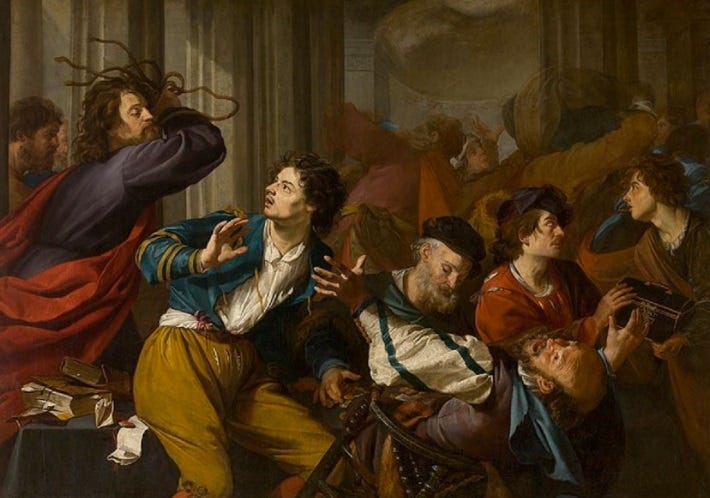
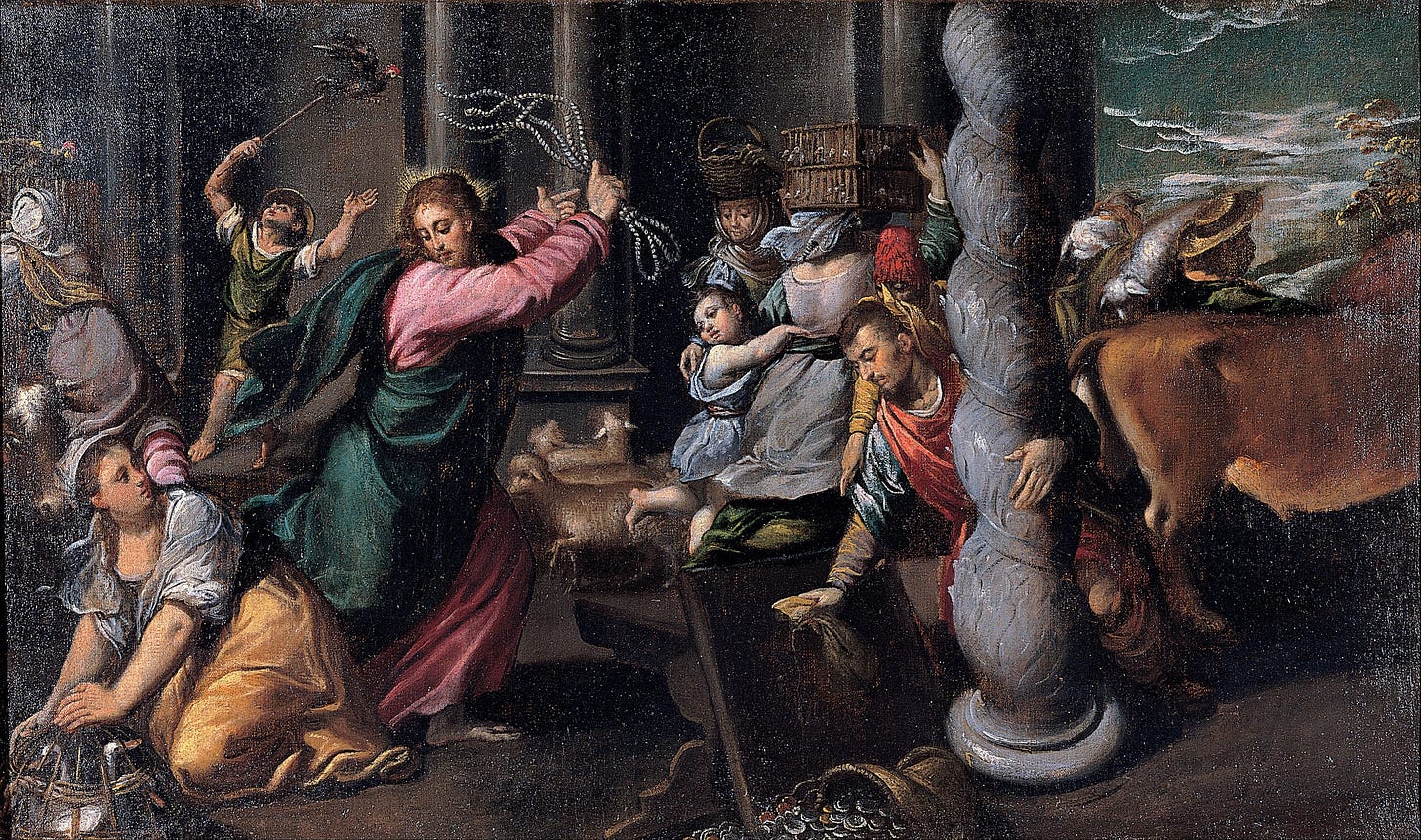

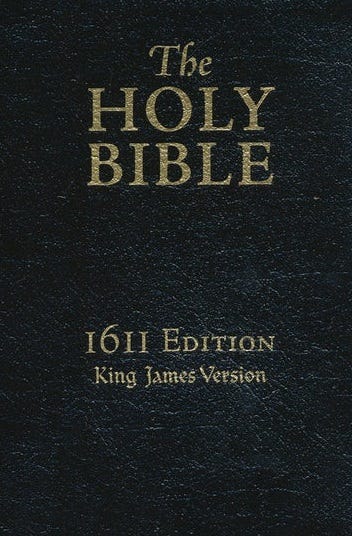
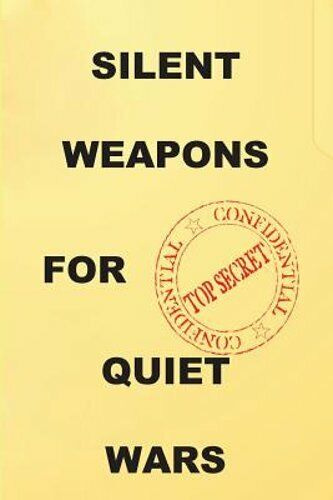
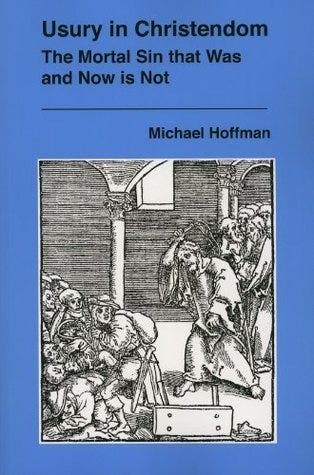
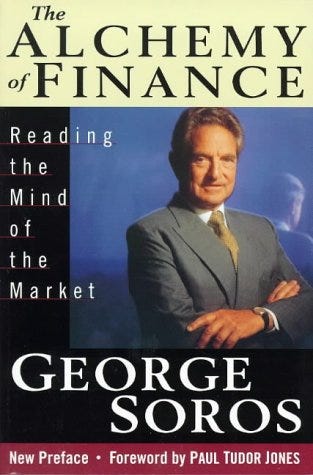
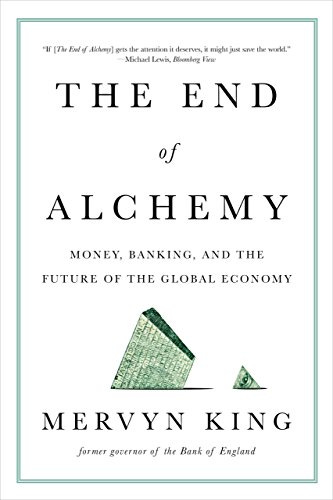
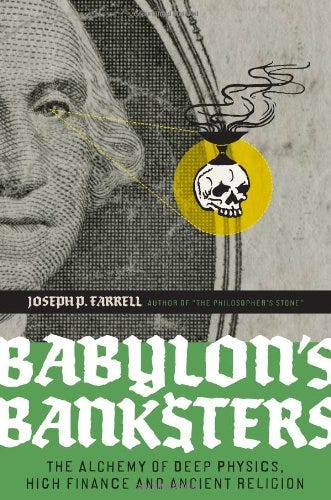
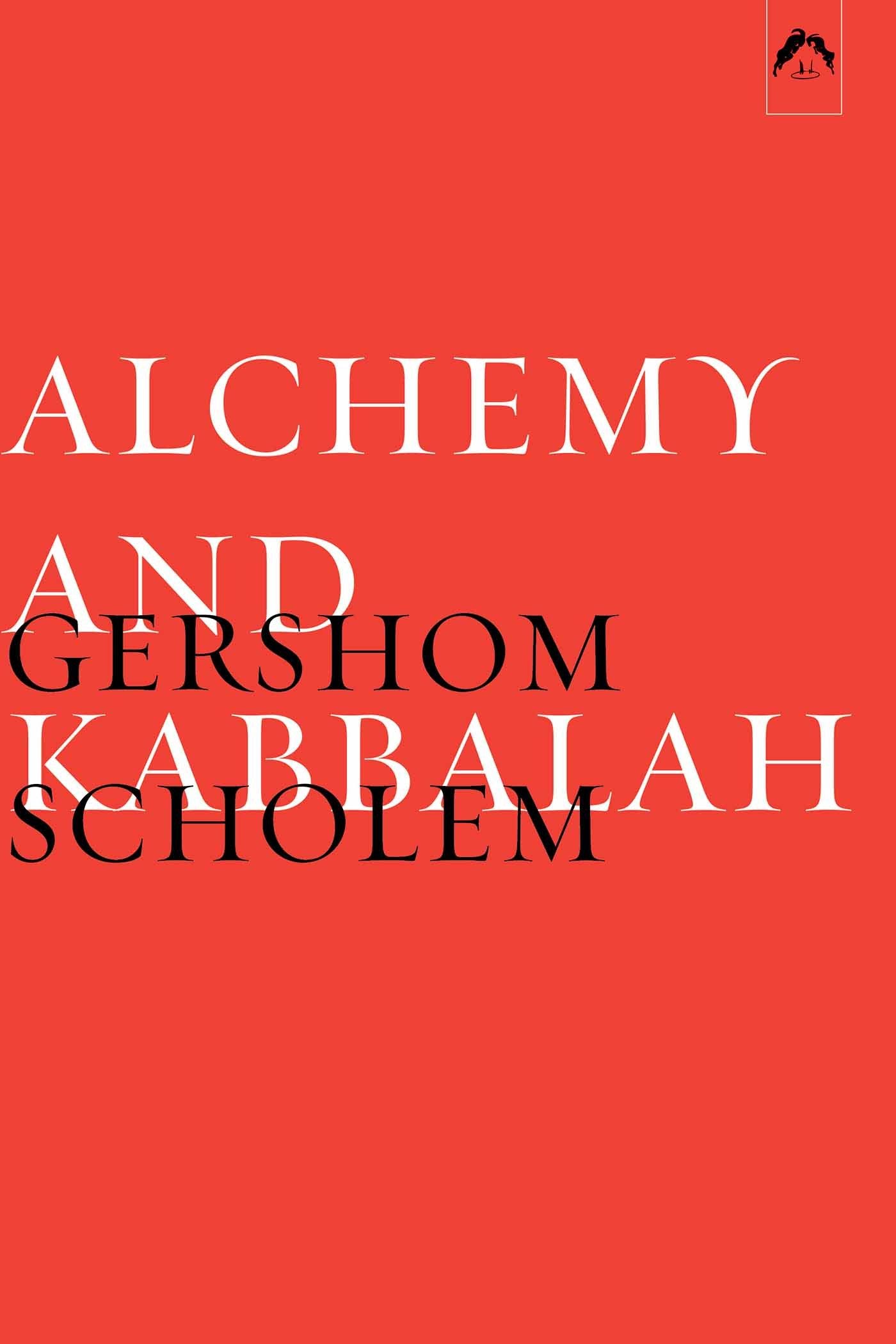
At first in 2020, I saw freedoms being taken away, then saw the medical tyranny of the jabs and then the whole house of cards fell... I see all the LIES. God lifted the scales from my eyes about a two years ago with Rev 18:23 (pharmakeia) and I went running to Jesus. My life had been a disaster (utterly living in the world fulfilling my flesh and had been drugged and incapacitated by big 'harma' for over 24 years of my adult life with psychotropic drugs (which praise God I'm now free of)). I'm trying to study God's word daily since I realize I never knew it. Please pray the Holy Spirit strengthen me, to deny myself daily, to repent and to obey His commandments! Thanks for this article!
You began this important article with - "Take no part in the worthless deeds of evil and darkness; instead, expose them.” Ephesians 5:11. I'd like to see the silent Church reconcile this commandment with 'the Church doesn't get involved in politics'. There it is. Plain and simple - no translations or concordance needed 'EXPOSE THE WORKS OF EVIL AND DARKNESS'. You do a great job of that and I thank God for you.!